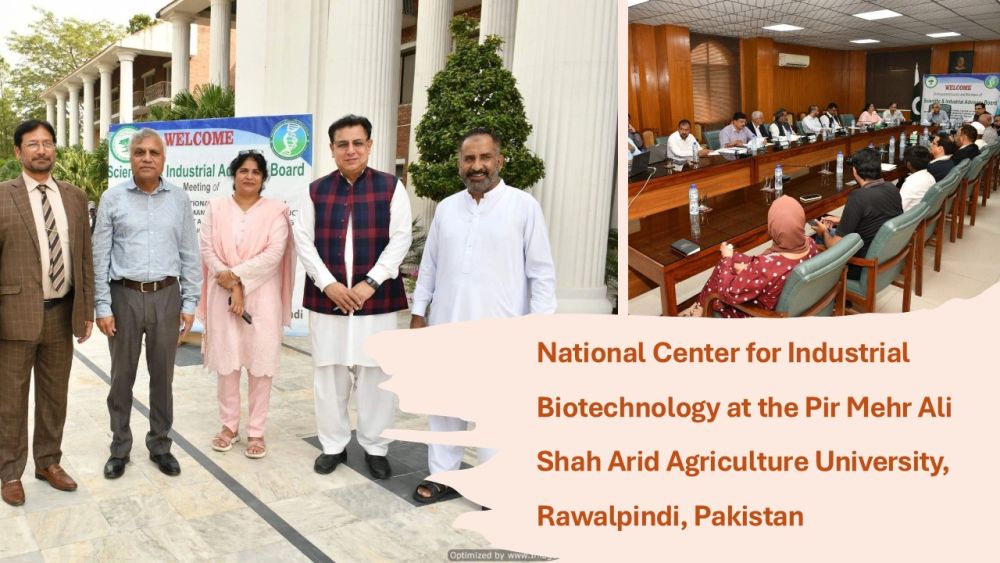Balance of Soft and Hard Skills - Key to Securing Dream Job
Posted 1 year ago
Islamabad
June 22, 2024
A fine balance between hard and soft skills is essential for a candidate's success in contemporary job markets. Here, we will briefly delineate these two types of skills.
Hard skills are technical competencies acquired through education and experience that lay the foundation for job-specific tasks and responsibilities. Proficiency in software, fluency in foreign languages, or expertise in operating specialized equipment exemplify these tangible abilities that are crucial in fulfilling industry demands.
Conversely, soft skills encompass the interpersonal attributes that transcend specific roles, often described as 'people skills' or 'social skills'. Effective communication, adept problem-solving, impeccable time management, and strong leadership are among the qualities that foster productive collaborations and resilient teams, playing a crucial role in the success of any organizational setting.
While hard skills can be acquired through structured learning and practical experience, soft skills are deeply rooted in personal traits and behaviors, making them harder to cultivate but immensely valuable to employers. The synergy between these two skill sets is where the magic happens. A detail-oriented software developer not only writes flawless code but also collaborates seamlessly with a diverse team, communicates complex ideas effectively, and adapts swiftly to challenges.
In the highly competitive job market, it's increasingly evident that demonstrating hard and soft skills is paramount. A well-rounded candidate who showcases technical strength and interpersonal abilities is an asset to any organization. Employers mainly look for individuals who can perform tasks competently and contribute positively to workplace culture, innovate through teamwork, and drive collective success. By highlighting this balanced skill set, candidates can underscore their versatility and adaptability, making them more attractive to employers.
Candidates must highlight this balanced skill set in preparing for interviews and crafting resumes. Articulating how soft skills complement and enhance hard skills underscores one's versatility and signals an understanding of how these competencies align with the job's requirements. In pursuing career advancement and professional fulfillment, mastering the delicate equilibrium between hard and soft skills proves to be a defining factor in securing and excelling in today's job opportunities.
As industries evolve and workplaces embrace diversity and collaboration, job applicants must consider the significance of soft skills alongside technical expertise. Soft skills form the bedrock of innovation, resilience, and sustained growth in a fast changing global economy. Embracing this holistic approach to skill development is advantageous and essential for individuals aiming to thrive in the workplaces of tomorrow.
According to Prof. Dr. Muhammad Mukhtar, teaching/learning at the National Skills University Islamabad and the entire curricular for short skills learning programs empower students in both hard and soft skills as well as their use at the workplace.





